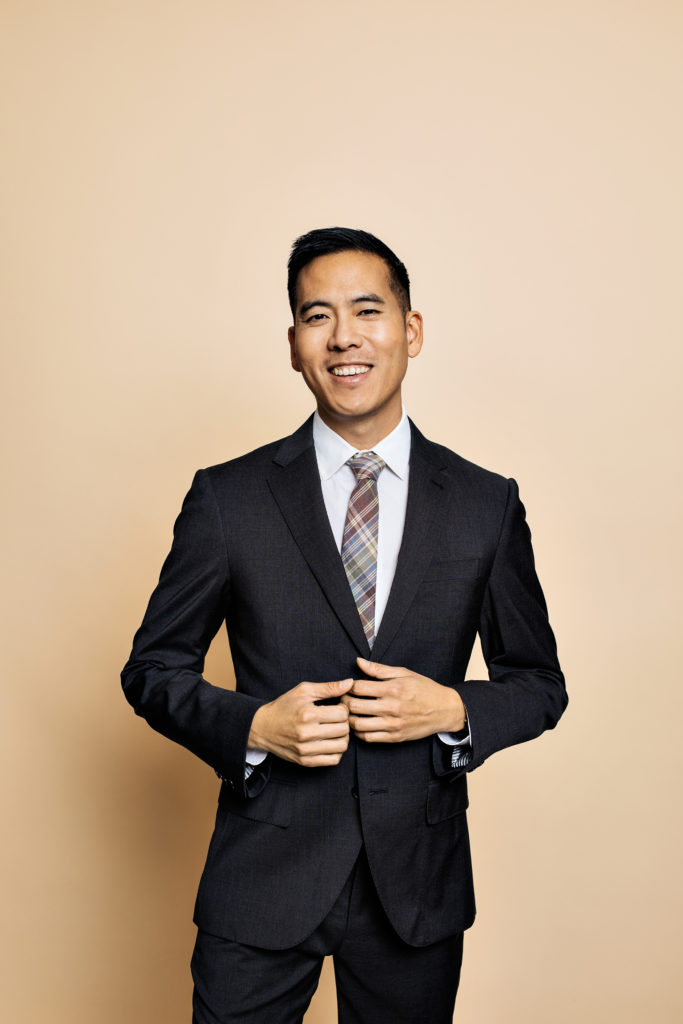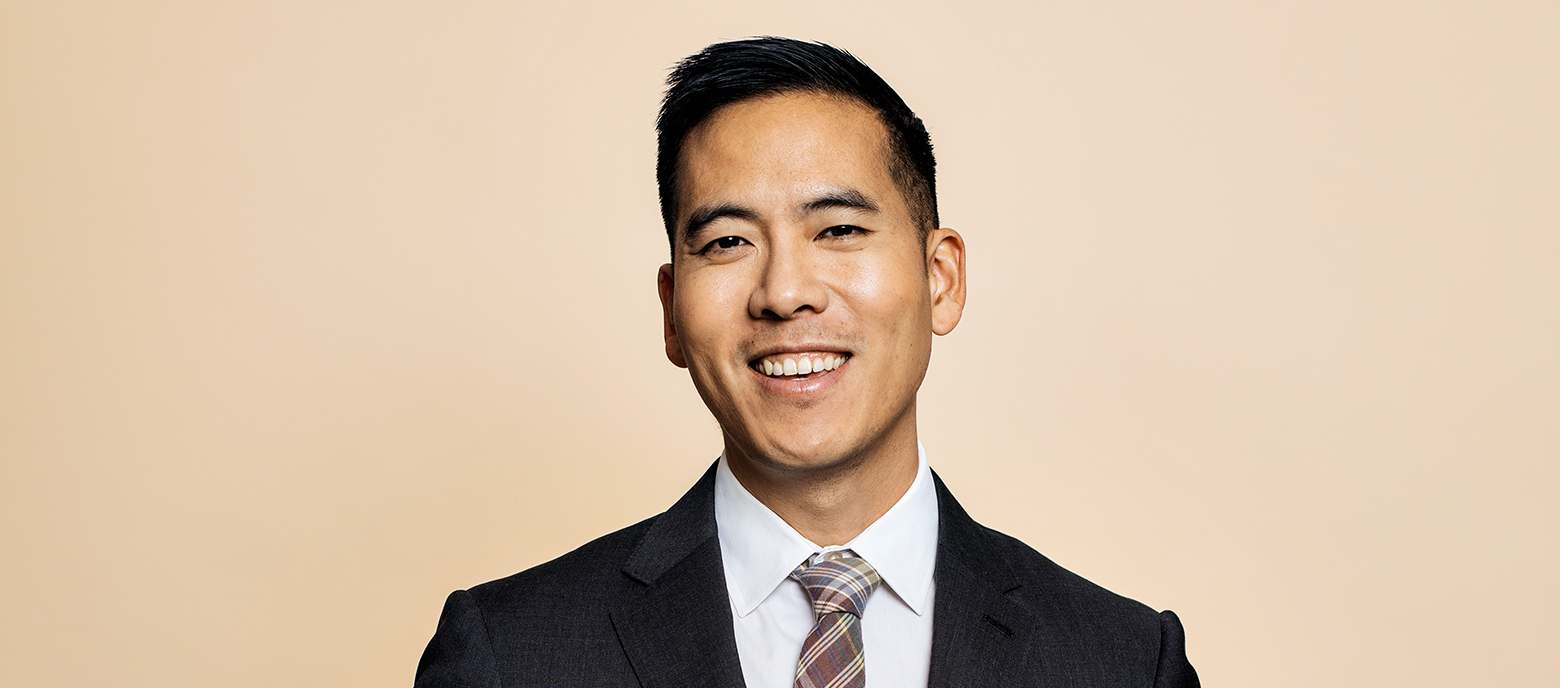When people come through Gregory Ko’s door, they’re often at their most vulnerable, contending with discrimination, with termination, with harassment. A civil litigator focused on employment and human-rights law, Ko helps his clients go toe-to-toe against large, well-funded institutions. But his first job is just to listen. “The work we do here requires us to be social workers to some degree,” he says.

Gregory Ko
Partner, Kastner Lam LLP
Year of call: 2012
Some clients are keen to avoid the courtroom; others want to draw attention to their case. Either way, Ko “brings an enormous amount of intellectual flexibility to his practice,” says Danny Kastner, his fellow partner at Kastner Lam LLP. “He’s very detail-oriented, but he’s also able to zoom out and see how an issue should be framed.”
In one high-profile case, Ko is lead counsel in a human-rights complaint aiming to end the discrimination against queer men in Canada’s blood-donation policy. Last year, Health Canada, one of the respondents, tried to dodge the case altogether, arguing that it has no power over the donor criteria. But Ko showed that the agency plays a far more active role in vetting the rules than it had let on. A federal court judge agreed, and found that the challenge could go forward. Health Canada announced in April that it would lift the blood-donation ban on men who’ve had sex with men. “This will allow gay and bisexual men to donate for the first time in 30 years,” Ko says. He plans to remain active on the case, though, in part to address the historical discrimination caused by the policy.
As the child of immigrants, Ko has seen first-hand that the world is not an equal place. “It was important to me to focus on efforts that level the playing field,” the 37-year-old says. That’s clear from his caseload: on behalf of a student at the University of Windsor, Ko persuaded an Ontario court that the school failed to adequately investigate her sexual-assault complaint. (The result should establish the parameters under which a school has a legal duty to investigate sexual-violence complaints.) It’s also clear in his community work: as vice-chair of the Ontario Bar Association’s Sexual Orientation and Gender Identity Caucus, he works to make space for more lawyers in a profession that’s historically been straight, white and male. “It’s been really nice to contribute to building a new generation of civil litigators who don’t fit the classic mold,” he says. “And to build a world where, when I walk into a courtroom, the opposing counsel is someone who looks kinda like me.”
This story is from our Summer 2022 Issue.
Photography by Kayla Rocca. Hair and makeup by Aniya Nandy.


